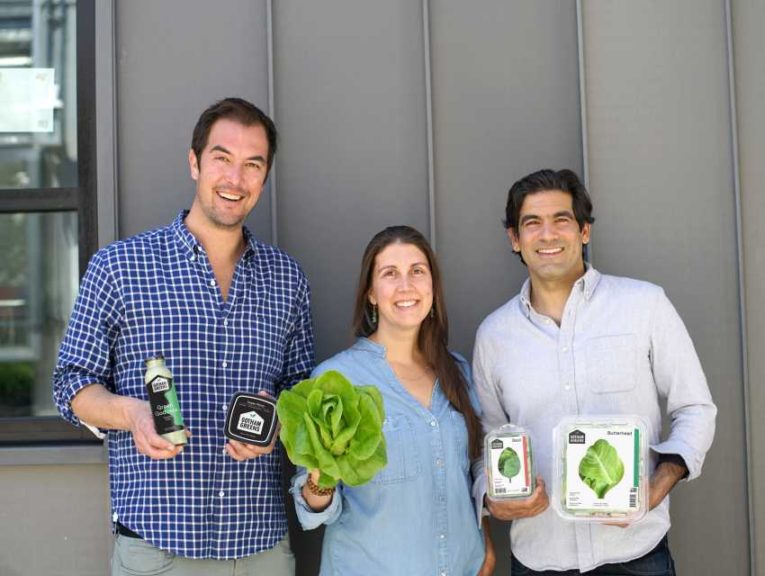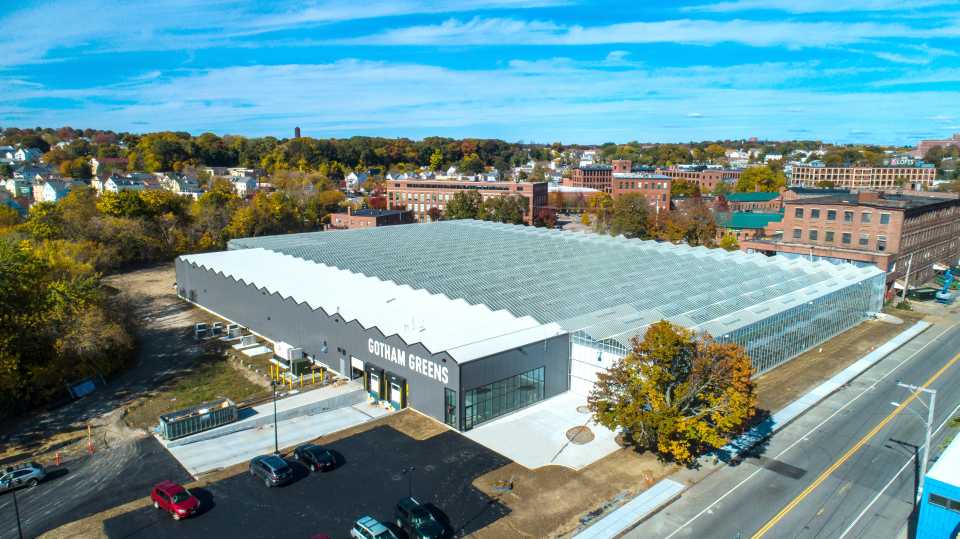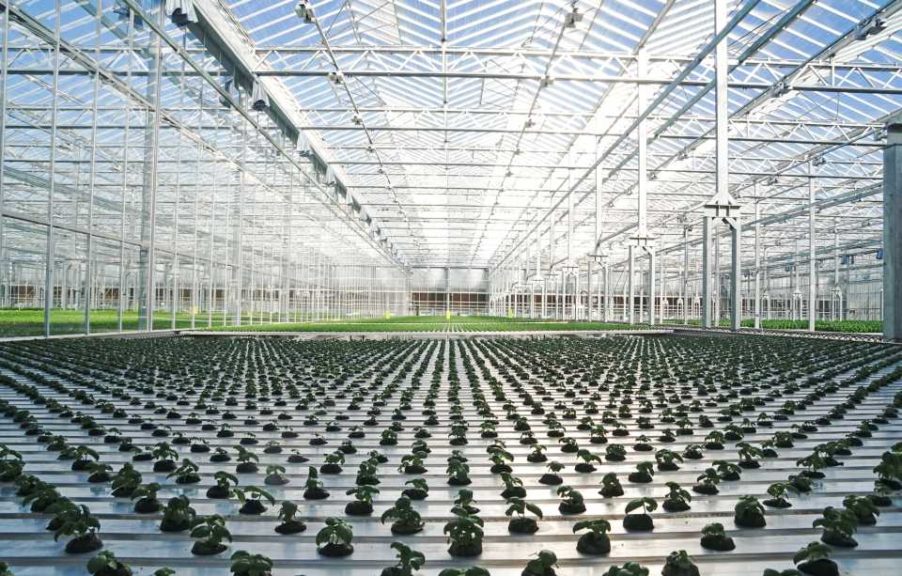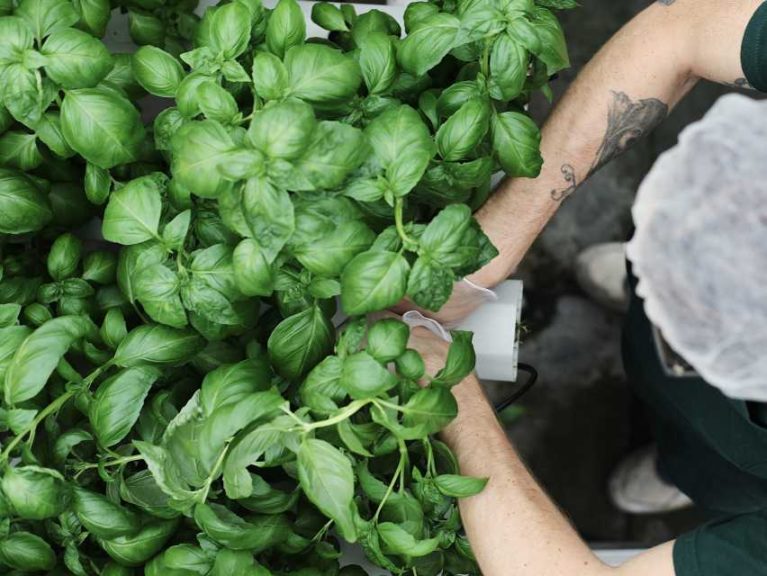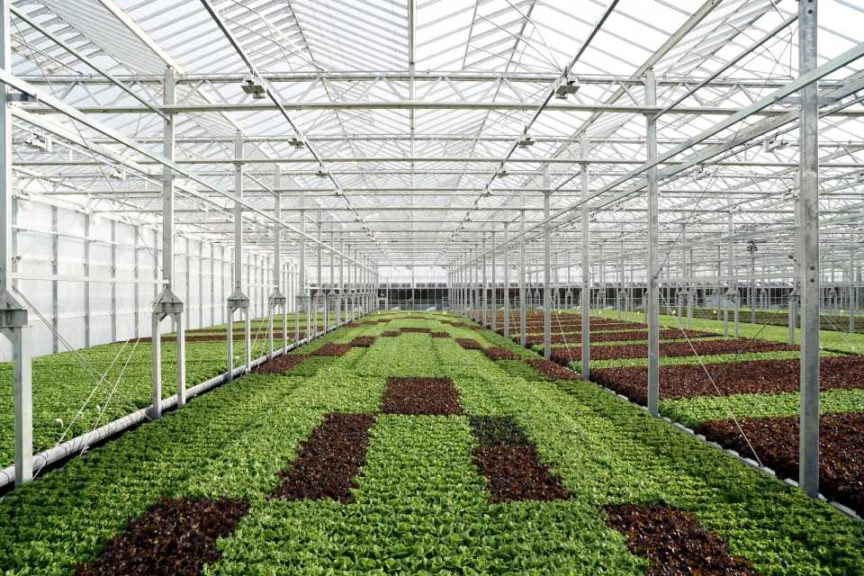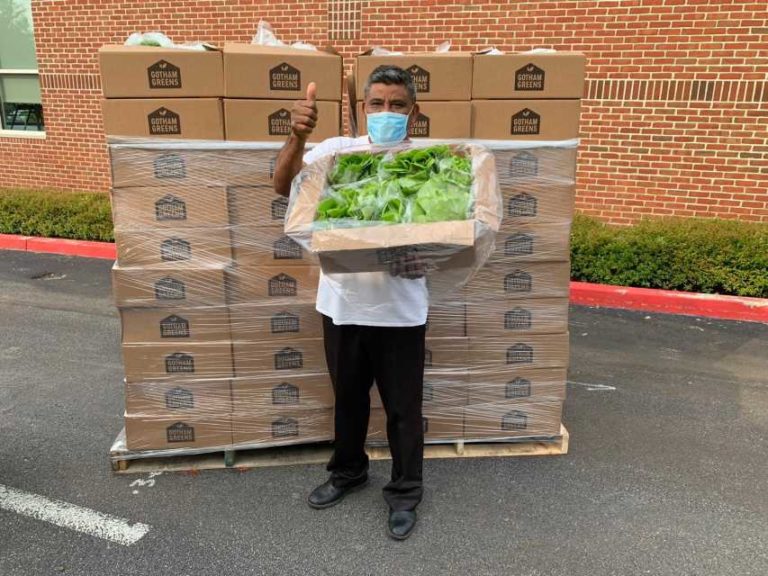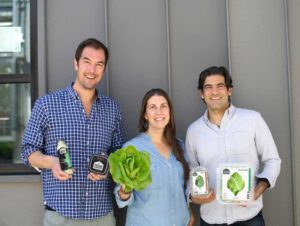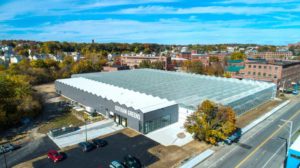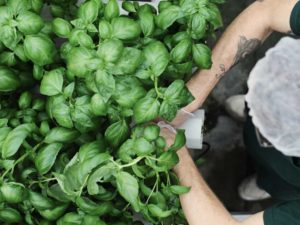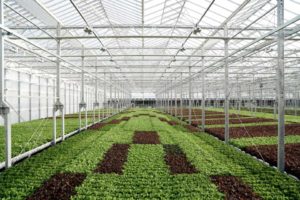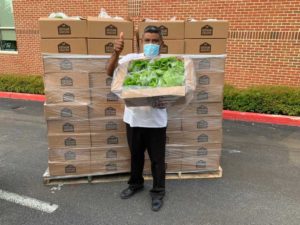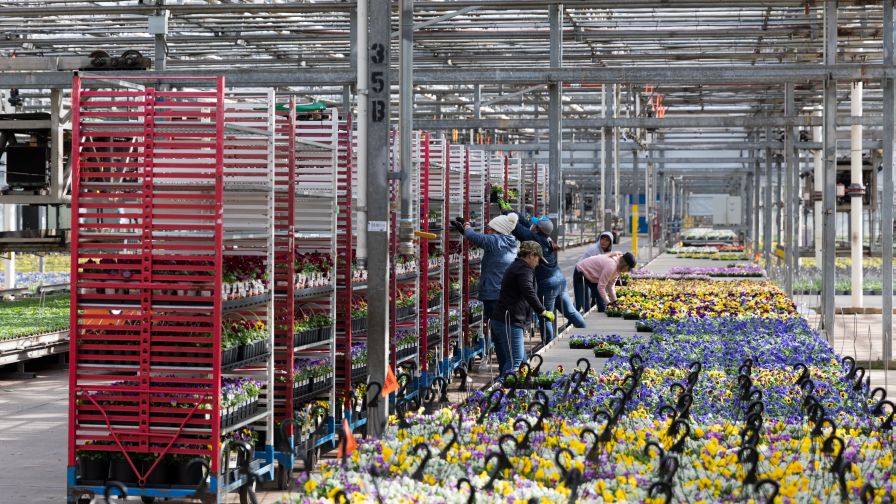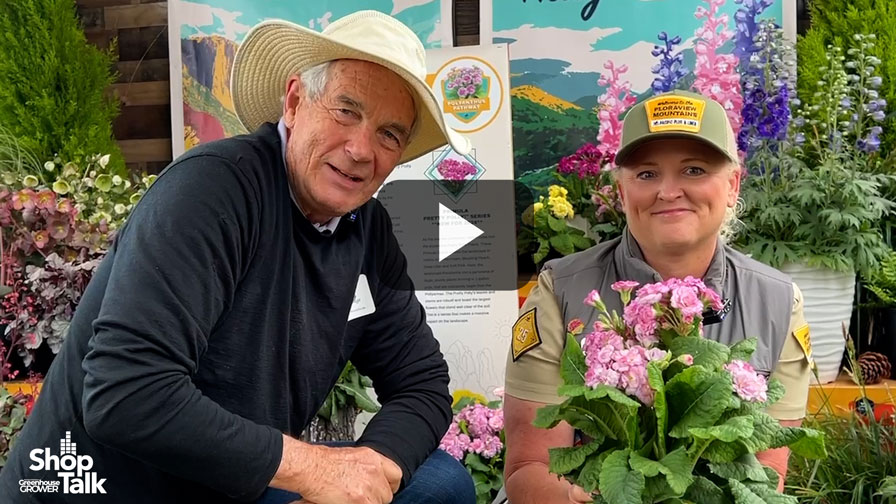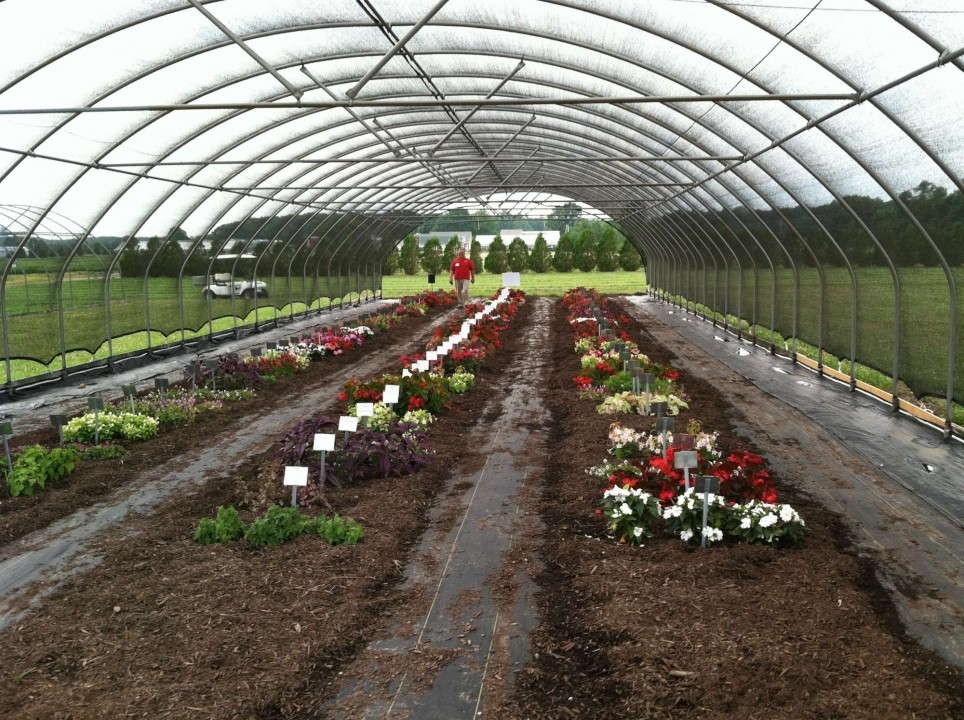Operation of the Year Gotham Greens Farms With the Future in Mind
Two fearless entrepreneurs once had the crazy idea of locating produce greenhouses in cities closer to large population centers to meet the need for high-quality fresh produce and to shorten the supply chain. Their idea was ahead of its time, and even though they faced many skeptics in the beginning, there are no doubters now. In a year that proved the critical need for a steady supply of safe, fresh produce for consumers, Gotham Greens is Greenhouse Grower’s Operation of the Year for 2020.
Walk Before You Run to Get It Right
Gotham Greens’ co-founders Viraj Puri and Eric Haley, along with partner Jenn Frymark, shared an interest in locally grown, sustainable food production and wanted to do something innovative in the environmental and sustainability fields. Their timing couldn’t have been better with the rising interest in locally grown produce.
The three partners launched Gotham Greens in 2009. Two years later, they opened their first greenhouse in New York City’s bustling metropolis. The 15,000 square-foot facility was a small start, but unique in that it was the first commercial greenhouse in the U.S. located on the roof of a warehouse in Greenpoint, Brooklyn. From the start, the partners focused on operational excellence and product quality, while resisting the urge to grow too quickly. They did their homework, figuring out costs, profit margins, division of labor, and in short, how to run a profitable business.
“We didn’t want to just run with an idea and build too many facilities, not know how to operate them profitably, and then make a bunch of mistakes,” Puri says. “We wanted to make sure we could reliably deliver a high-quality product, because at the end of the day we are only as good as our products.”
Fast forward nearly a decade from the initial greenhouse and you’ll find the partners’ near-maniacal focus on operations, product quality, and customer service has served Gotham Greens well and accounts for much of its success. The company now has a network of eight greenhouse facilities distributing leafy greens and fresh food products nationwide. It has doubled capacity in the past 12 months by opening new greenhouses in Chicago, Providence (RI), Baltimore, and Denver, and has several new projects under development. Each operation is sustainable from the top down with leafy greens and herbs grown using hydroponic systems in 100% renewable electricity-powered greenhouses that recycle their daily water supply.
Multiple Operations Need Strong Central Leadership — to a Point
Running a decentralized business comes with its challenges. The goal is to achieve a balance between letting an operation be an independent, stand-alone unit with a good management team and grower, while also providing support and guidance from the central leadership team. Gotham Greens has a well-established set of operational procedures that each of its facilities uses. The company takes advantage of digital tools such as data and task management software and creates software solutions to support its facilities from its headquarters in Brooklyn.
“One of the biggest challenges we face is being a decentralized company, and that is also one of our largest strengths,” Frymark says. “We are focused on product quality, but we also have a strong team. It’s not just about the plants, it is also about the people.”
Each of Gotham Greens’ partners has a unique set of skills that brings strength to overall operations while also supporting individual facilities nationwide.
Chief Financial Officer Eric Haley oversees all financial operations for Gotham Greens and specializes in financial strategy and planning as well as capital raising and strategic consulting. He previously worked at Corporate Fuel Partners, a Manhattan-based investment bank and private equity fund, and JPMorgan Chase & Co.
Chief Greenhouse Officer Jenn Frymark heads Gotham Greens’ greenhouse operations. She developed her expertise in greenhouse systems and management at the Controlled Environment Agriculture Center at the University of Arizona, where she received her master’s degree in plant sciences, and holds a bachelor’s degree in plant biology from Arizona State University. She previously managed greenhouses in Antarctica and worked at the Cuisinart Resort and Spa greenhouse in Anguilla.
“Each of us is laser-focused on the areas under our domain, which brings balance to the company because we don’t start to lean strongly one way and forget about everything else,” Frymark says.
Shortened Supply Chain Helps During Pandemic
Gotham Greens has implemented robust food safety measures from the time its first greenhouse opened and continues to push hard on food safety every year. The company employs a Food Safety and Quality Assurance Supervisor as part of its Operations team. The supervisor oversees and guides the implementation and execution of all food safety and hygiene programs. Part of their job is to ensure the team meets and exceeds customer expectations and regulatory measures.
Having this type of strong foundation already in place has not only brought peace of mind to the company and its customers during a time when food safety practices for produce growers are under the microscope. It was also one less thing to worry about when the COVID-19 pandemic hit because Gotham Greens was already well set up to handle microbial risk and adapt to a new situation, according to Frymark. Back in early March 2020, before the pandemic was declared, the company’s leadership team was already preparing for how to keep its employees healthy and safe during a time when its services were considered essential to maintaining the food supply chain. The team worked together to educate employees, and implemented protective measures such as tweaks to shift schedules, contact tracing, and temperature checks. With travel restricted, the Gotham Greens team has relied more on software solutions, visual tools, and conferencing software to adjust to working remotely while keeping the multiple sites connected and running smoothly.
Gotham Greens did lose some of its restaurant and foodservice business during the pandemic, but fortunately, that was made up for by increased demand in grocery stores and e-commerce retailers. If anything, the pandemic brought about an opportunity to prove that the company’s business model helps secure the food supply chain.
“We were presented with an enormous business opportunity to fill some of the voids on supermarket shelves caused by the disruptions to the West Coast supply chain and prove our value proposition to the produce industry,” Puri says. “Larger grocery operations are now more convinced of the value proposition of having a supplier partner that can provide a more reliable, consistent supply of product on shorter notice. This is exactly why we formed our business in the first place.”
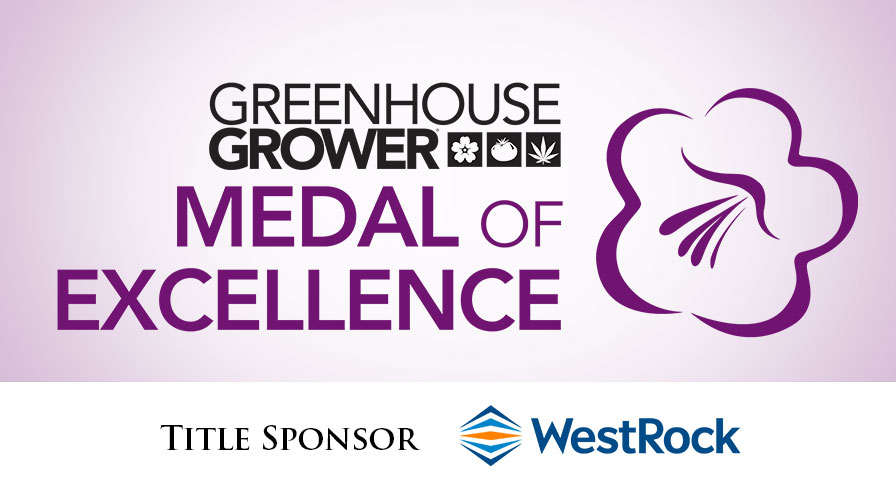 A Future Beyond the Rooftops
A Future Beyond the Rooftops
While Gotham Greens had an early reputation for being a rooftop greenhouse company, that was never the founders’ long-term vision for the business. With urban real estate expensive and sunlight limited by the tall buildings in large cities, it made sense early on to look up to rooftops for available greenhouse space rather than try to locate greenhouses on empty city lots. It was a novel, innovative use of urban space that fit with the partners’ views on urban revitalization. However, finite rooftop space makes expansion difficult, if not impossible.
“There was so much demand for our products that we needed to scale quickly,” Puri says. “Since then, as envisioned, we have started to build larger facilities on the ground that leave room for expansion, and that is going to be the future of the business.”
Building a Better Quality of Life With Fresher Food on the Table
Gotham Greens works hard to become part of its community, not only as a business serving its customers but also as a business strengthening its community. The company’s greenhouses have created year-round jobs for local residents and have helped with urban renewal. Gotham Greens has also partnered with schools, community gardens, non-profits, and local businesses to help build a better quality of life in the communities where its facilities are located. The company supports community initiatives that help those in need, including The Rhode Island Food Bank, City Harvest, Green Bronx Machine, Greater Chicago Food Depository, Urban Growers Collective, The Maryland Food Bank, and Food Bank of the Rockies.
Special thanks to Westrock for sponsoring the Medal of Excellence program.





